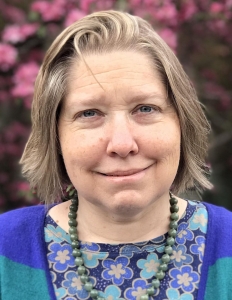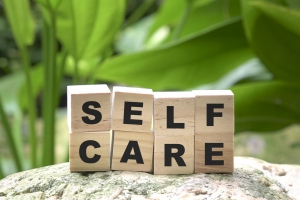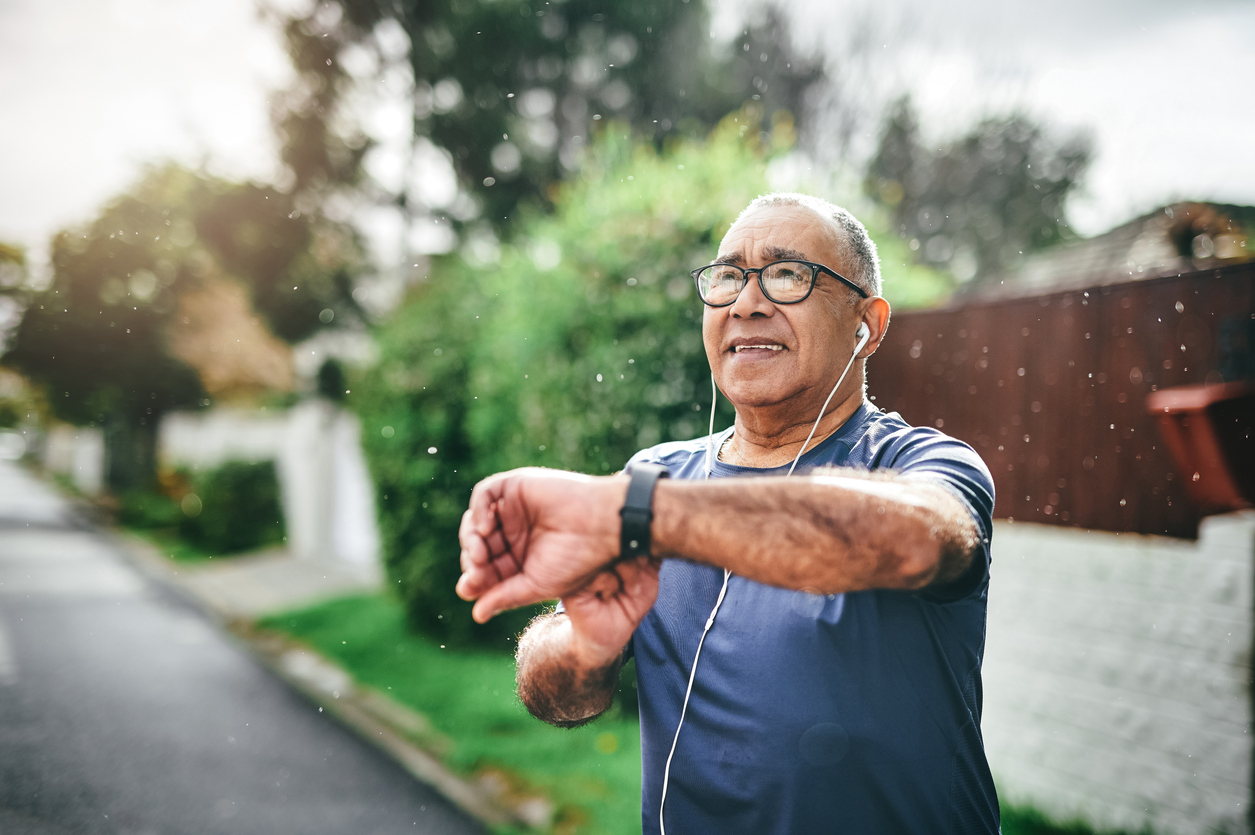
By Maya Doyle, MSW, PhD
Cystinosis is a rare lysosomal storage disorder (1) that is typically diagnosed in childhood and typically results in kidney failure and progression to dialysis and/or kidney transplant. In the United States, a disease is considered rare if it is affects fewer than 200,000 Americans. According to the National Institutes of Health (NIH), there are approximately 7,000 rare diseases affecting between 25 and 30 million Americans – this means 1 in 10 people may be affected by a rare condition (2). The experience of a rare condition can be very isolating because of the lengthy time to get a diagnosis, the lower number of people with a specific diagnosis, limited access to specialists, and being geographically far apart.
Cystinosis causes an abnormal accumulation of the amino acid cystine in various organs and tissues of the body such as the kidneys, eyes, muscles, pancreas and brain (1). The disease affects almost every organ of the body over time. Advances in treatment have improved the quality and length of life for people with cystinosis and extended the timeframe of kidney failure often from childhood into adolescence and young adulthood (3). This change has made the health challenges of the disease later in life more evident. Likewise, the mental health challenges that accompany living with a rare, chronic, and progressive disease have become clearer to patients, family members, and healthcare professionals. Mental health includes our emotional, psychological, and social well-being. It affects how we think, feel, and act. It also helps determine how we handle stress, relate to others, and make choices (4).
In my role as a social worker in pediatric nephrology over the last two decades, I have watched a generation of kidney patients grow up, many pursuing their educations and careers, and starting relationships and families. The burdens of kidney disease are many:
patients grow up, many pursuing their educations and careers, and starting relationships and families. The burdens of kidney disease are many:
- staying healthy and well while living with illness
- maintaining adherence with often-unpleasant treatments
- accepting the unexpected events that accompany illness
- keeping up with peers, friends, and colleagues
- changes to the body, and having differences in physical growth, appearance, and development
- educational and vocational challenges
- navigating social and romantic relationships
It is not surprising that these things result in strong emotions of sadness, worry, loss, or anger for both the individuals affected and the people who care about them, or that people with kidney disease experience higher rates of anxiety and depression (5, 6). Both talk therapy and medication can be helpful to manage anxiety and depression and reduce symptoms (5). There are of course clinical definitions of anxiety and depression; in helping patients understand why a team might be recommending “getting help,” I find it helpful to understand and explain those words this way:
- Anxiety is fear and worry for what the future – be it, the next day, the next year, or the indistinct future – will bring.
- Depression is sadness and loss, a sense of being stuck, within what has already occurred in the past, and feeling that things will never improve, or will only worsen.
These are very real aspects of living with rare or chronic disease, and it is important to remember that health and mental health are intertwined. Put simply, how we feel affects how we feel! I find it helpful to remind patients and families that the feeling of being “stressed” is our body’s alarm clock, a way of telling us that change is needed. They can envision a filling bucket that can either be filled and overflowing with stress or can have a valve to help release that stress. There are many strategies that patients and families use that allow them to regain and maintain a sense of calm or control (7). There is no single or quick “fix”, and no one approach that fits everyone, when it comes to mental health. There are three levels of support (often used in combination) that are helpful to explore:
- Professional help
- Peer support
- Wellness and self-care practices
Using Professional Help
People with kidney disease may be referred for “professional help” by their medical team, or may self-refer, to support their coping, relationships, or well-being; for concerns about anxiety, depression, self-harm or thoughts of suicide; or other behaviors that are creating risk. For kidney patients, this can include not participating in needed medical treatments (a complex topic but often one with a mental health component). There are many trained and licensed professionals, including social workers, psychologists, couples or family therapists, substance abuse counselors, psychiatrists, and others who can provide appropriate services. Every dialysis and transplant team are mandated to have social workers as part of their team and may include other mental health-oriented professionals as well, so this can be a good place to start to either get support directly or get a referral to a provider focused on mental health. You may also want to contact the behavioral health component of your health insurance to get a referral for an “in network” provider. It is helpful to recognize that different types of therapy have different goals – from helping patients to manage their thoughts and feelings; coping with their illness or other life stressors; making changes to reduce unhealthy or risky behaviors; and addressing emotions and conflict within family or partner relationships. As with many other types of healthcare providers, it is likely that a therapist will not be deeply familiar with your particular rare diagnosis; sharing accurate information may be helpful but does not have to be the focus of your work together unless that is one of your goals.
Especially in the wake of COVID, many of us have had experiences of fear, anxiety, sadness, or frustration. We may have lost loved ones, seen others ill, or been ill ourselves. Being locked down or socially distant takes away some crucial support. Return to school and community life has been difficult for many and those who are immunosuppressed or compromised may have ongoing concerns. Increased awareness of mental health and increasing access to mental health services online and via telehealth may make access to treatment faster and easier.
Whatever type of therapy or type of therapist one works with, it is helpful to inquire about the training and background of the person you are working with and collaborate to decide on the goals of therapy and a treatment plan. Many mindfulness practices (see below) can be learned or used as part of the therapy process, particularly in EMDR or cognitive-behavioral therapy (CBT) to help manage anxiety and develop new ways of coping. You should not feel shame or embarrassment t asking for help, or for having it suggested to you. Asking for help, going for an assessment, or logging on for that first virtual visit can be hard – it is scary to show our vulnerabilities. Building an open and trusting relationship with a therapist can be a key element in coping and making needed changes.
Peer Support
Peer support from others who share parts of your experience can take many forms – whether in-person, by phone or text, or in forums on social media. The ability to access resources and connect online has been a boon to those with rare conditions, who might otherwise not meet other people who share, recognize, or understand their diagnosis. Peer support can provide both informational and emotional support. It is so valuable to learn that you are not the only person experiencing something, and that others have walked this path before. Many patient organizations have in-person (and now virtual) conferences; patients and parents have told me about being overwhelmed and tearful the first time they walked into a room “where everybody gets it.” Some organizations offer mentoring programs that connect newly diagnosed patients and families with those who have lived the experience of illness for a number of years. Patients and families who share your experience may give you a greater sense of “comfortability” in talking about the impact of the illness in your life (8). They may have resources and knowledge that can be helpful for you in navigating daily life, the healthcare system, or the trajectory of that particular illness. When I was running a group for parents of children with cystinosis several years ago, one mom shared how her family used to find fun and relaxation in camping, an activity made harder by her son’s diagnosis and medical needs. Other families instantly chimed in with empathy and ideas, things they had done to get back to life in the great outdoors, but with some modifications. In other groups, I have seen cystinosis patients share laughter with each other over medical issues that others might not understand or find funny. For those with rare conditions like cystinosis, disease-specific advocacy groups (see examples below) or umbrella groups like National Organization for Rare Disorders (NORD), Global Genes or the National Kidney Foundation (NKF) can be a good place to start making connections. Later on, you may be able to “pay it forward” by offering similar resources and support to someone else; for some people helping others is an important part of their own self-care.

Self care word on wood cubes on green nature background. Take care of yourself message.
Wellness and self-care practices
For many patients and family members, resilience, hope, faith, humor, and mindfulness can be key ingredients to maintaining wellness, even while living with illness. Wellness encompasses many elements of healthy living, self-help, self-care, fitness, nutrition, diet, and spiritual practices. Whether you are a kidney patient yourself or a caregiver for someone who is, there are many things you can do to regain or sustain a sense of wellness. Making small, incremental changes – dropping one food from your diet, using a water bottle to track your fluids, exercising just 5 minutes a day, giving yourself a positive message instead of criticizing yourself – may make a difference in your lab values and your overall health, as well as your outlook. Each person needs to find a balance between self-care and support from peers and professionals. It is important to remember that despite the best intentions of our family or our healthcare team to encourage changes in our routines, cultivating a sense of acceptance and gratitude for things just as they are is as important as making needed changes.
One way in which we can better understand and manage chronic illness and maintain wellness is through mindfulness, defined by Jon Kabat-Zinn as “awareness that arises through paying attention, on purpose, in the present moment, non-judgmentally.” There are many mindfulness practices that individuals can try – from deep breathing for just a few minutes to longer meditation or yoga practices. It is important to realize that self-care and mindfulness can take many forms – exercise, hobbies, a daily ritual, drawing or coloring, journaling, cooking, reading, the practice of one’s faith, spending time with others, or even that first cup of morning coffee! (Truth be told, that’s mine!). While some people will find it helpful to try something new to reduce stress, you can also draw on the things you already enjoy or that you enjoyed in the past. Particularly because illness can make planning challenging and life unpredictable, many rare patients and caregivers have shared with me the ways that they “live in the now” – building in fun and playful activities, quiet moments, and valued time with friends and family – whenever they have the chance (including during dialysis or during hospital stays). There are also many free and low-cost apps that provide suggestions, timers, and step-by-step guides for mindfulness and self-care activities. Simply taking time to notice the world around you with each of your five senses for a few minutes, and to be attentive to your own breathing and heartbeat, may be enough to bring you a sense of calm.
Over time, different ways of accepting (and giving) support may work for you as a patient or caregiver. Notice when the “stress bucket” is overflowing – or if thoughts and feelings are getting in the way of how you function every day – how you interact with others; work or study or take care of things at home; or take care of yourself or your health. It may be a time to find additional support beyond self-care and friends, family, or your online community.
Maya Doyle is an MSW and PhD who is now an associate professor of social work at Quinnipiac University. She was a hospital social worker for many years, serving as the senior social worker at the Children’s Hospital at Montefiore since 2000, where she met her first patient with cystinosis. She is a professional advisor to the Cystinosis Research Network and a mentor to CRN’s Adult Leadership Advisory Board (ALAB). She is also the coordinator of the Ruth Gottscho Dialysis and Children’s Kidney Program at Frost Valley YMCA (www.frostvalley.org/kidney). She has lived with Type I diabetes since age 8 and is the mom of a 14-year-old.
Resources:
- Cystinosis Research Network. About Cystinosis 2021 [Available from: https://cystinosis.org/about-cystinosis/.
- Genetic and Rare Disease Information Center (GARD). FAQs About Rare Diseases: National Institutes of Health; [Available from: https://rarediseases.info.nih.gov/diseases/pages/31/faqs-about-rare-diseases.
- Doyle M, Werner-Lin A. That eagle covering me: transitioning and connected autonomy for emerging adults with cystinosis. Pediatric Nephrology. 2015;30(2):281-91.
- S. DoHHS. What is Mental Health? 2020 [Available from: www.mentalhealth.gov.
Examples of advocacy groups focused on rare kidney disease:
- Alport’s Syndrome – www.alportsyndrome.org
- Atypical Hemolytic-Uremic Syndrome – www.ahuallianceaction.org
- Cystinuria – www.cystinuria.org
- Cystinosis – www.cystinosis.org
- Fabry disease – www.fabry.org
- FSGS/nephrotic syndrome – www.nephcure.org
- IgA Nephropathy – www.igan.org
- Lupus – www.lupus.org
- Oxalosis/hyperoxaluria – www.ohf.org
- Polycystic Kidney Disease – www.pkdcure.org
- Prune Belly – www.prunebelly.org
If you or a loved one are having thoughts of suicide or self-harm, a call to a national or state hotline can get you immediate contact with someone who can listen, direct you to a local source of support, or get crisis services to you.
Call the National Suicide Prevention Lifeline at 1-800-273-TALK (8255), or text the Crisis Text Line (text HELLO to 741741). Both services are free and available 24 hours a day, seven days a week.
You can also text “care” to 202-596-6520 to contact the Chronic Illness hotline and get in touch with a volunteer Compassion Counselor.




